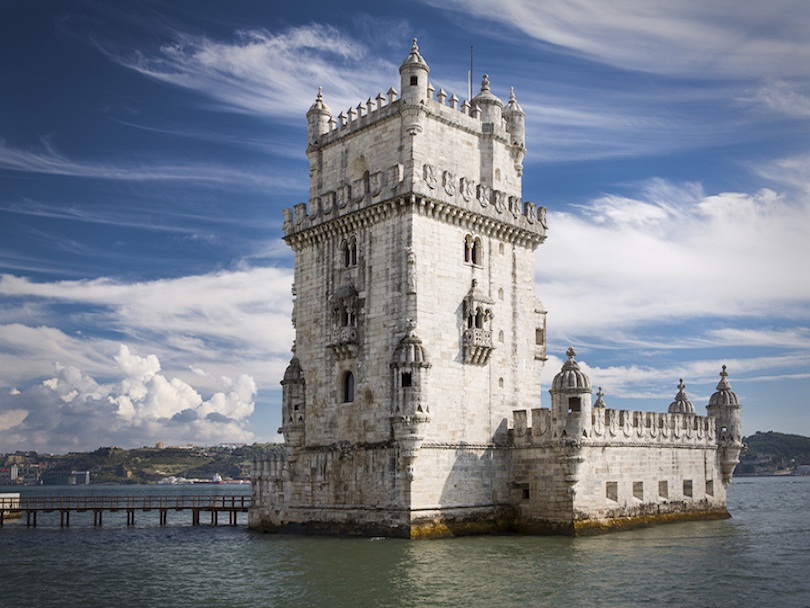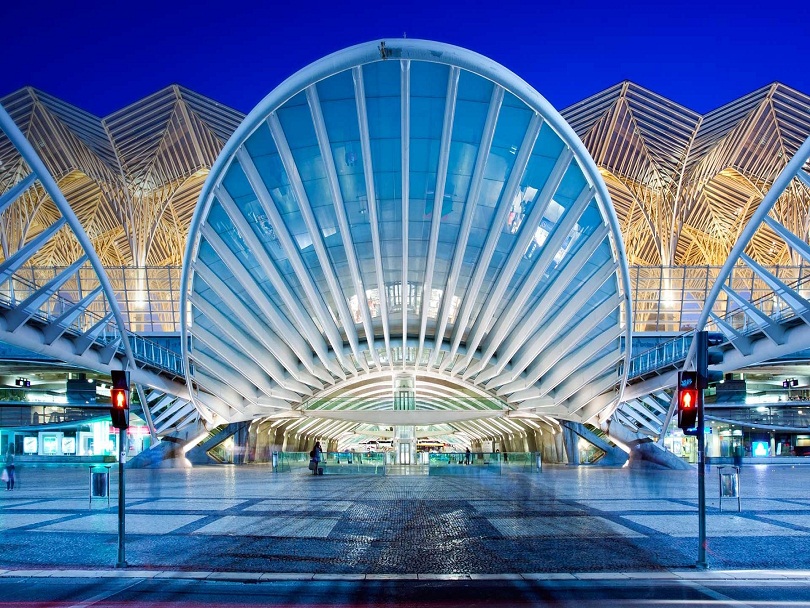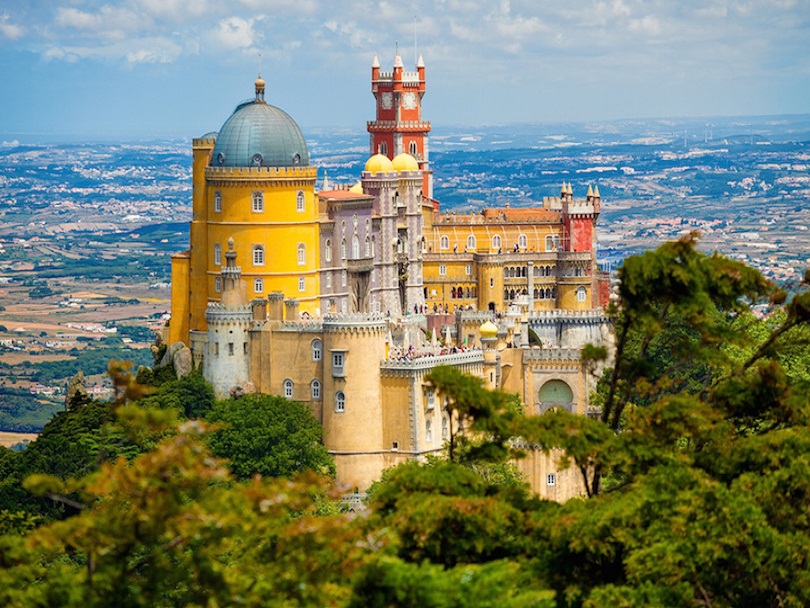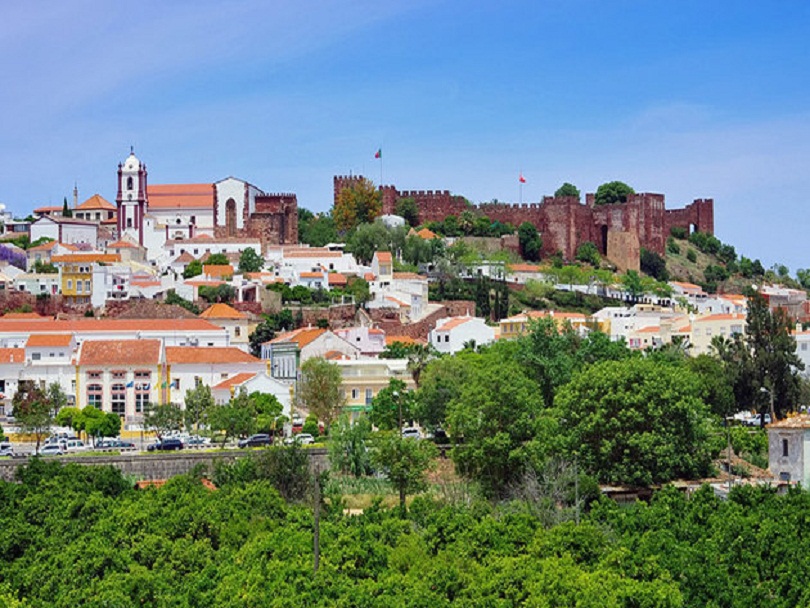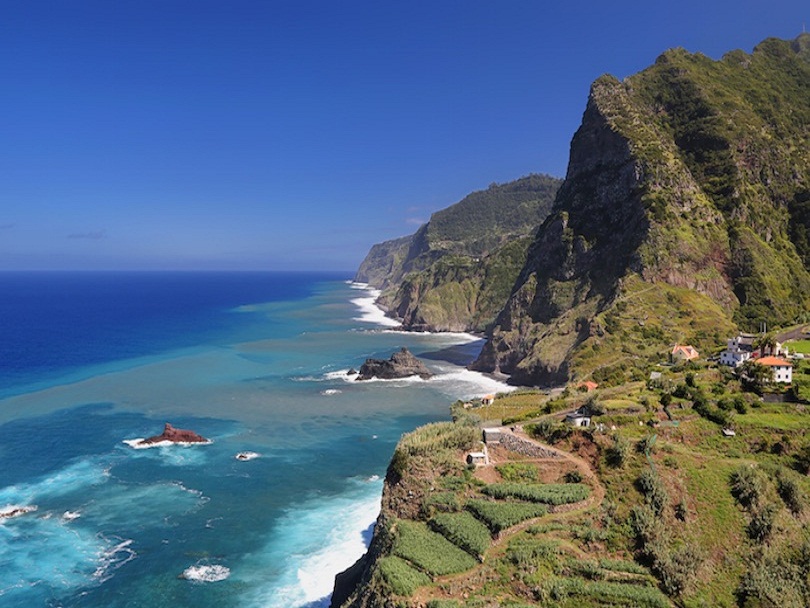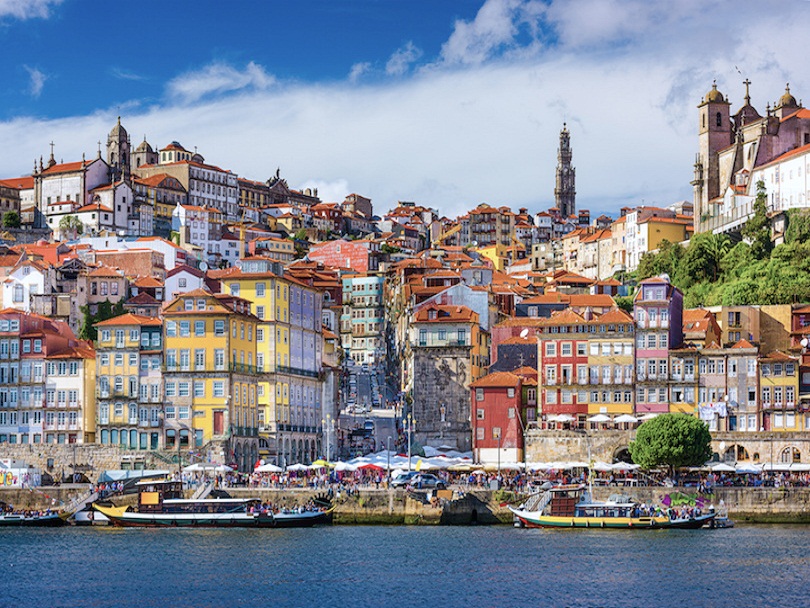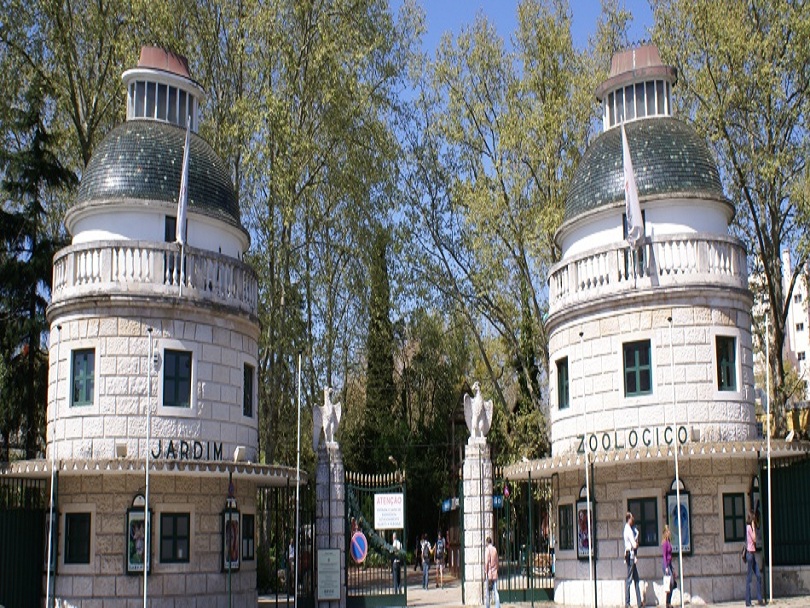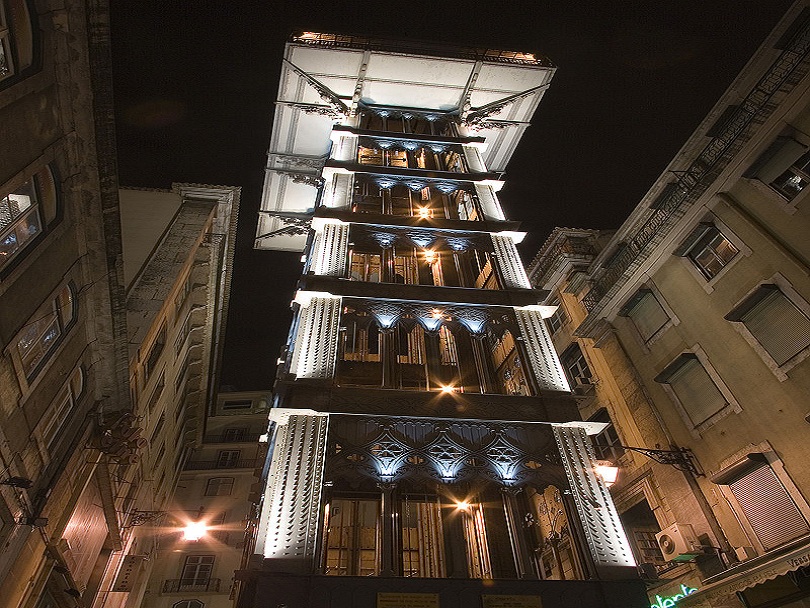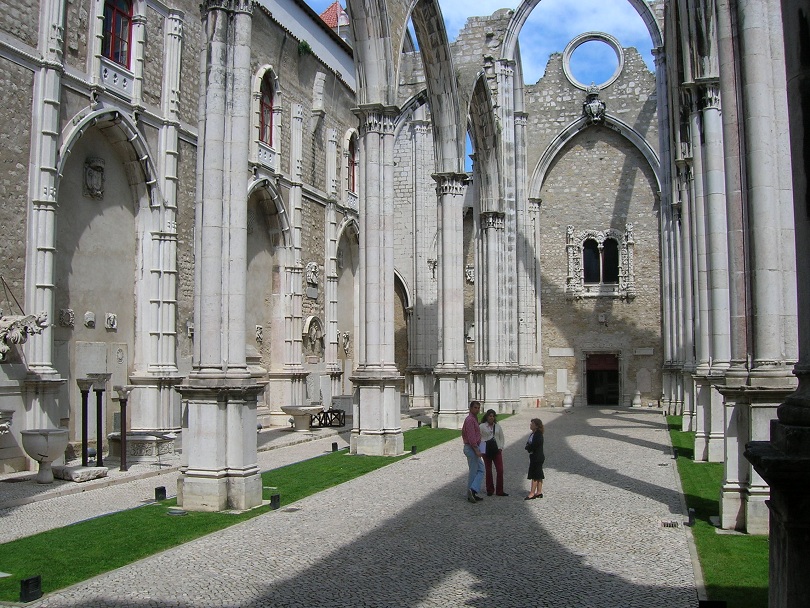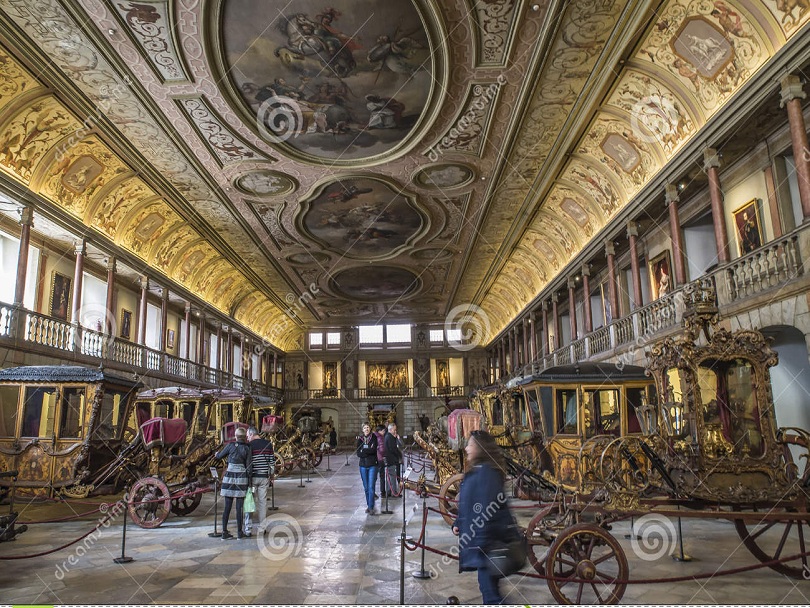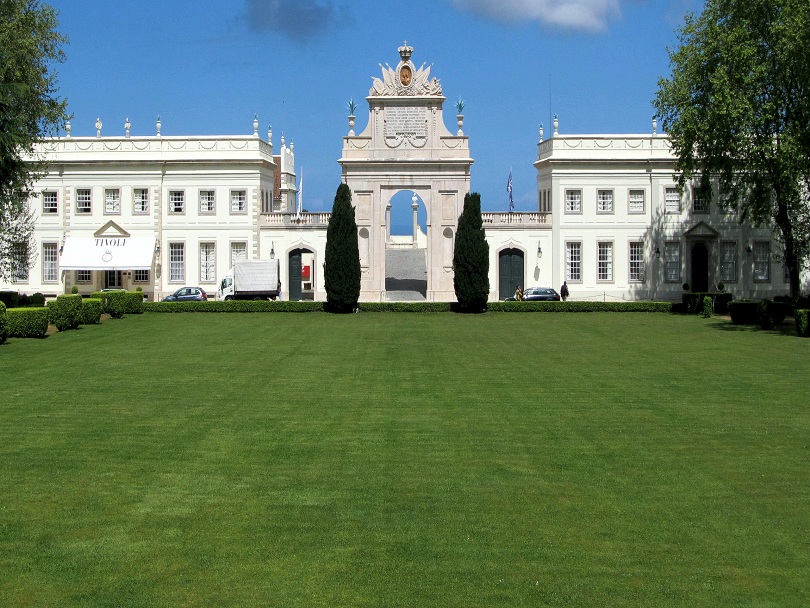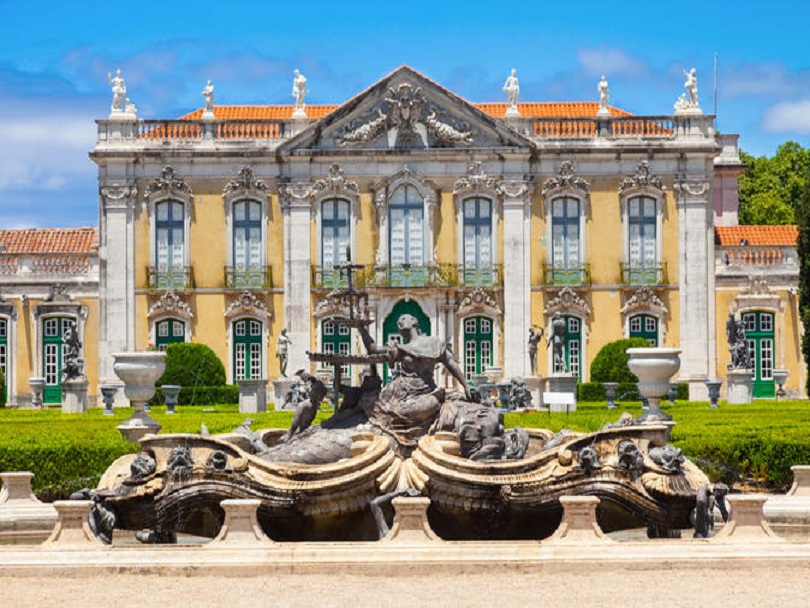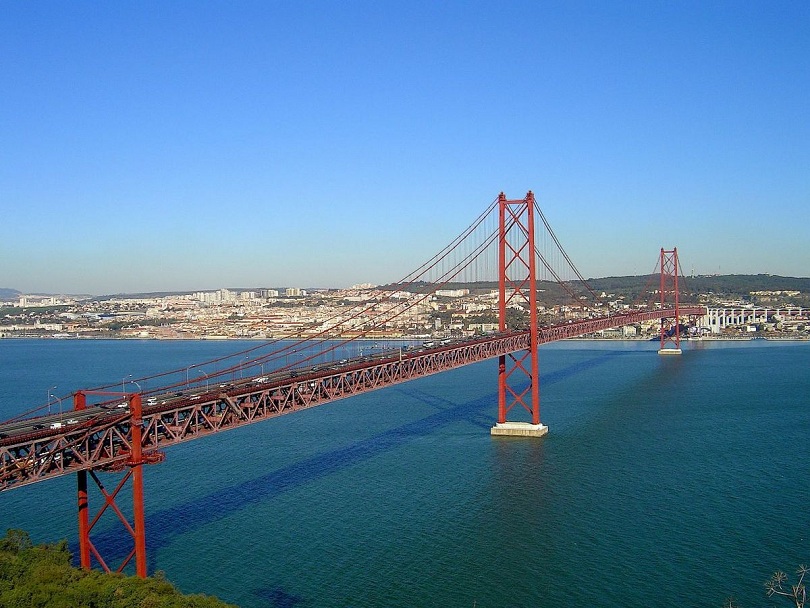Venue & Hospitality
Welcome to the Official Attendee Housing Site for the Cancer Nursing-2017 which will be held in the beautiful and exciting Country of Lisbon, Portugal. The 4-star Lisbon center hotel Holiday Inn has spacious guest rooms just a 10-minute walk from Saldanha Metro Station. The Hotel is located in the middle of 3 Metro stations, that takes you to the city centre In 10 minutes. Lisbon International Airport is a 10-minute drive from the Holiday Inn. Areeiro is a great choice for travelers interested in museums, monuments and sightseeing. Unlike some hotels, Holiday Inn welcomes kids. Express check-out service and currency exchange are also available. Holiday Inn Lisboa’s public areas include a marble lobby with plenty of seating. A business center. Museu Calouste Gulbenkian is approximately a 10-minute walk away. The Hotel has a magnificent view to all Lisbon from his rooftop, where you can relax at the pool and have a drink at rooftop Bar while you enjoy music. Set a 7-minute walk from a metro station, this modern. Straightforward rooms feature Wi-Fi (fees may apply), flat-screen TVs, desks, minibars, and tea and coffee making facilities. Some rooms have pull-out sofas. Suites add separate sitting areas. Room service is available 24/7. The hotel has a relaxed buffet restaurant and a casual bar with TVs. Parking is available for a fee. Near public transit, the train station & the airport Shopping & sightseeing. Holiday Inn Lisbon Continental R. Laura Alves 9, 1069-169 Lisbon, Portugal
Conference Dates: July 17-18, 2017
Hotel Services & Amenities
- Audio/Visual Equipment Rental.
- Business Center.
- Business Phone Service.
- Complimentary Printing Service.
- Express Mail.
- Fax.
- Meeting Rooms.
- Office Rental.
- Photo Copying Service.
- Secretarial Service.
- Telex.
- Typewriter.
- Video Conference.
- Video Messaging.
- Video Phone.
- ATM.
- Baggage Storage.
Transportation
Driving Directions Updating Soon...
About City
Lisbon is the capital and the largest city of Portugal, with a population of 552,700 within its administrative limits in an area of 100.05 km². Its urban area extends beyond the city’s administrative limits with a population of around 2.7 million people, being the 11th-most populous urban area in the European Union. About 2.8 million people live in the Lisbon Metropolitan Area (which represents approximately 27% of the country’s population).
Lisbon is recognized as a global city because of its importance in finance, commerce, media, entertainment, arts, international trade, education and tourism. It is one of the major economic centers on the continent, with a growing financial sector and one of the largest container ports on Europe's Atlantic coast. Lisbon Portela Airport serves over 20 million passengers annually, as of 2015, and the motorway network and the high-speed rail system of Alfa Pendular link the main cities of Portugal. The city is the 7th-most-visited city in Southern Europe. The city occupies 32nd place of highest gross earnings in the world. Most of the headquarters of multinationals in the country are located in the Lisbon area. It is also the political center of the country, as its seat of Government and residence of the Head of State.
The city is crossed by historical boulevards and monuments along the main thoroughfares, particularly in the upper districts; notable among these are the Avenue of Liberty, Avenida Fontes Pereira de Melo, Avenida Almirante Reis and Avenue of the Republic. The Pombaline Lower Town area covers about 235,620 square meters of central Lisbon. The Alfama is the oldest district of Lisbon, spreading on the slope between the Sao Jorge Castle and the Tejo River. The district contains many important historical attractions, as well as an abundance of Fado bars and restaurants. Bairro Alto is an area of central Lisbon that functions as a residential, shopping and entertainment district; it is the centre of the Portuguese capital's nightlife, attracting hipster youth and members of various music subcultures. Lisbon lacks the architecture and monuments of many other historic European capitals in large part due to the 1755 Lisbon earthquake, which destroyed most of Lisbon's buildings, including famous palaces and libraries, as well as most examples of Portugal's distinctive 16th-century Manueline architecture.

